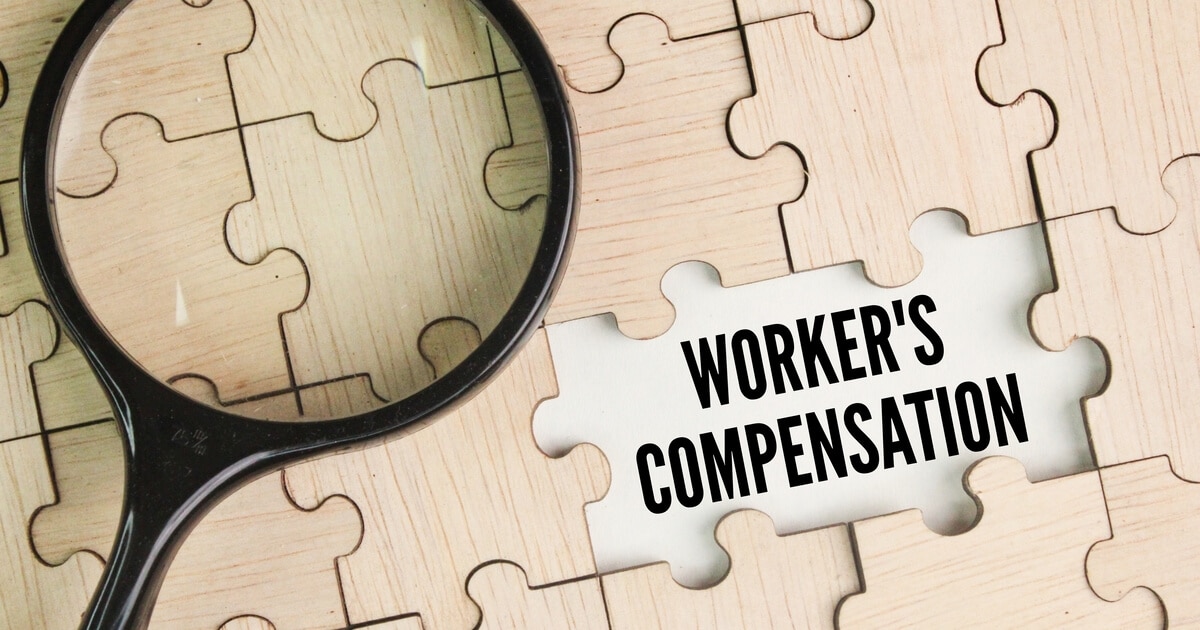TYSONS OFFICE
When Will Workers’ Comp Offer a Settlement? A Guide

Getting hurt on the job can turn your life upside down — bills pile up, your paycheck is smaller (or gone), and you’re waiting for answers. Weeks can quickly turn into months, and you’re left wondering, “When will workers’ comp offer a settlement?”
You’re not alone. Many injured workers ask the same question. While no two cases move at the same pace, there are key milestones that determine when a settlement offer is likely to arrive.
Here’s what to expect and how to keep things moving forward.
Understanding the Workers’ Comp Settlement Process

Workers’ compensation is designed to protect employees who get hurt on the job. When you file for workers’ compensation, you’re opening a claim—that’s your official case asking for benefits to cover your medical care and lost wages after a job-related injury. But not all payments are the same, and knowing the difference between ongoing workers’ compensation payments and a settlement can impact how you plan your next steps.
If your employer offers them, ongoing workers’ compensation payments are usually sent weekly or every two weeks while you are injured and out of work. They replace part of your paycheck and cover medical care as you recover. Common benefits include:
- Temporary Total Disability (TTD): When you can’t work at all.
- Temporary Partial Disability (TPD): When you can work but earn less than before.
- Medical Benefits: Payment for doctor visits, prescriptions, and therapy.
As long as you continue to meet benefit requirements, these checks continue and your claim stays open.
A workers’ comp settlement is an agreement between you and the insurance company to close your claim, usually through a one-time lump sum or a set of structured payments. Our Workers’ Comp Settlement Chart can help you understand the factors that play into the final settlement.
A workers’ comp settlement check may include payment for:
- Past and future lost wages
- Unpaid medical bills
- Permanent disability
- Attorney’s fees or case costs
Once a settlement is approved by the Workers’ Compensation Commission, your case is typically closed. In many states, that means you may give up the right to future benefits or medical coverage, unless your agreement specifically says otherwise.
In short, regular checks are ongoing benefits while your claim is active; a settlement is the final agreement that closes it.
Typical Timeline: From Injury to Workers’ Comp Settlement Check
While a workers’ comp settlement can technically occur anytime, it usually happens after you’ve reached Maximum Medical Improvement (MMI)—the point where your doctor believes your condition has stabilized. It typically takes a year from the date of injury to reach this stage.
Here’s what that process often looks like:
- Injury & Initial Treatment: You begin receiving medical care and temporary disability benefits.
- MMI Evaluation: Your doctor determines you’ve healed as much as possible and assigns a permanent disability rating based on your ability to return to your old job and earn the same income as before.
- Insurer Review: The insurance company reviews your medical records and wage information once all your paperwork is in order.
- Negotiation: Settlement talks begin to resolve your claim permanently.
While the timeline varies, these steps mark the typical path from injury to settlement—and knowing where you are in that process can help you plan your next move.
What Can Delay a Workers’ Comp Settlement Check?
Even when your claim is legitimate, delays can still happen. Settlements often take longer if there are disputes over medical treatment or disability ratings, or if the insurance company or employer challenges whether your injury qualifies as work-related. Missing or incomplete medical documentation can also slow things down, as can ongoing medical care, surgery, or rehabilitation that keeps your condition from being considered stable.
How a Lawyer Can Speed Things Up

While no one can force the insurance company to make a settlement offer, having a lawyer on your side can make a big difference in how quickly your claim moves forward. An experienced attorney keeps your case on track, helps you gather the right medical and wage documentation, and makes sure any settlement truly reflects your best interests.
A lawyer can also coordinate with your doctors to get complete medical records, handle direct communication with the insurance company to avoid unnecessary delays, and review your settlement to ensure it meets all Workers’ Compensation Commission standards for fairness. With the right legal guidance, the process stays organized, efficient, and focused on getting you the compensation you deserve as soon as possible.
When Will Workers’ Comp Offer a Settlement and Other FAQs
Can I keep getting weekly checks after settling my case?
A settlement usually ends your weekly payments, though some agreements allow continued medical coverage.
Can I get both a check and a settlement?
Yes. You can receive weekly checks while your case is active and then later negotiate a settlement when your condition stabilizes.
Why does the Workers’ Compensation Commission have to approve a settlement?
Not every state has a Workers’ Compensation Commission, but every state has some agency or board responsible for properly administering workers’ compensation laws. In the state of Virginia, for example, the Virginia Workers’ Compensation Commission ensures that a settlement offer is fair and that you understand your rights before closing the claim.
Can I reopen my case after settling?
Not usually. Once you sign and the Commission approves it, your claim is closed unless the agreement specifically allows future medical coverage.
Is it better to take a settlement or stay on weekly checks?
It depends on your condition, income needs, and long-term outlook. A settlement offers closure and control, while ongoing checks provide steady support and continued medical care.
Still Waiting on a Workers’ Comp Settlement Check?
Still waiting on your workers’ comp settlement check? You don’t have to handle the waiting and uncertainty alone. If your claim feels stuck or you’re not sure whether an offer is fair, let a workers’ compensation lawyer guide you.
At Gammon & Grange, we’ve spent decades helping injured workers across the D.C., Maryland, and Virginia area navigate complex workers’ compensation claims. We understand the workers’ compensation process in Virginia, how insurance companies evaluate cases, what motivates them to settle, and how to protect your rights every step of the way. Contact us today for a free consultation—we’ll review your case, explain your options clearly, and help you move toward the fair resolution you deserve.




